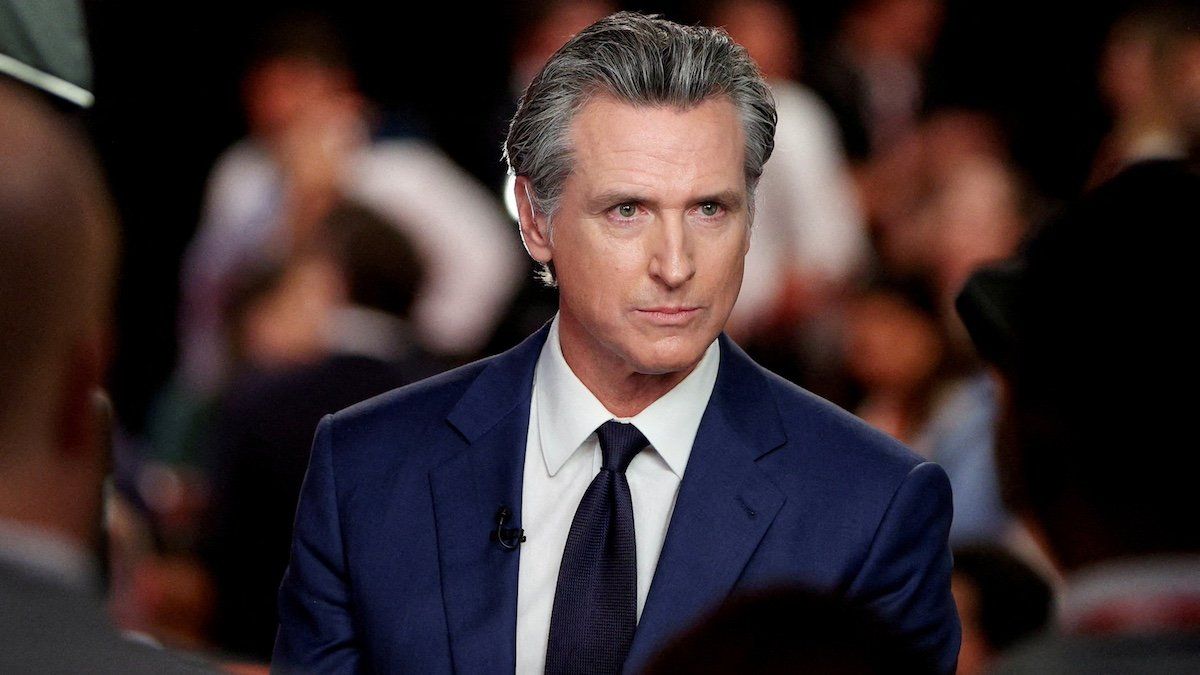California Gov. Gavin Newsom on Sunday vetoed the Safe and Secure Innovation for Frontier Artificial Intelligence Models Act, or SB 1047, the AI safety bill passed by the state’s legislature in August.
Newsom has signed other AI-related bills into law, such as two recent measures protecting performers from AI deepfakes of their likenesses, but vetoed this one over concerns about the focus of the would-be law.
“By focusing only on the most expensive and large-scale models, SB 1047 establishes a regulatory framework that could give the public a false sense of security about controlling this fast-moving technology,” Newsom wrote in a letter on Sept. 29. “Smaller, specialized models may emerge as equally or even more dangerous than the models targeted by SB 1047 — at the potential expense of curtailing the very innovation that fuels advancement in favor of the public good.”
Democratic state Sen.
Scott Wiener, who
sponsored the bill, called the veto a “setback for everyone who believes in oversight of massive corporations that are making critical decisions that affect the safety and welfare of the public and the future of the planet.” Wiener hasn’t disclosed the next steps but vowed to continue pushing the envelope on AI regulation in the state. “California will continue to lead in that conversation — we are not going anywhere.”
